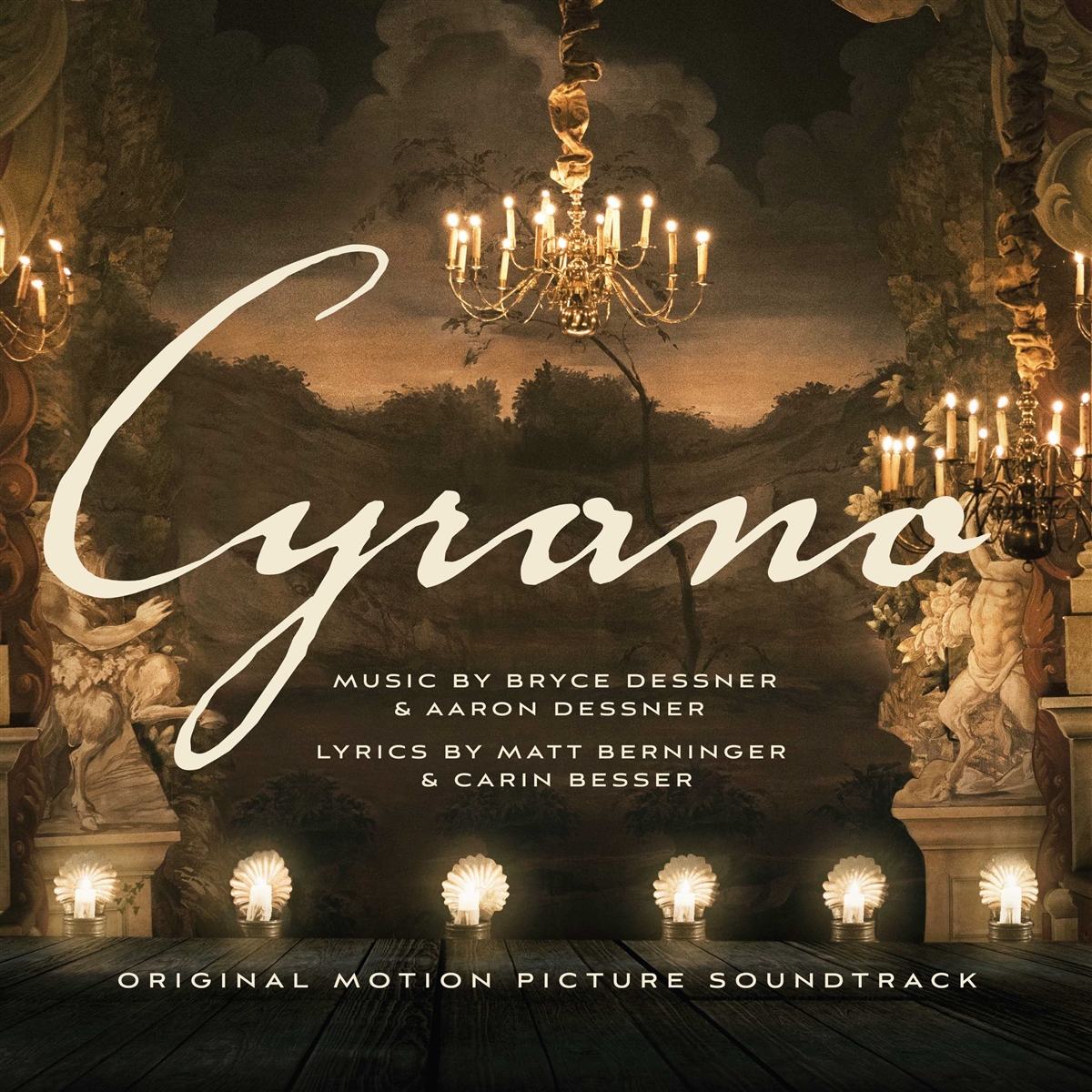Cyrano de Bergerac features the title character, a real-life – in some tellings, deformed – man here fictionalized, falling for a lovely maiden, Roxanne. He doesn’t declare his love, though, because he feels he is not worthy of her heart. And, then, here comes the catch: Roxanne falls at first sight for another man, Christian, who de Bergerac goes about feeding lines and love letters so it’s actually he for whom Roxanne is madly falling. The play was first written in 1897 by Edmond Rostand. Many theatrical performances and revivals have followed, including one in 1946, which won actor Jose Ferrer a much-deserved Tony Award. (Ferrer also starred in a film version in 1950, which led to an Oscar). The de Bergerac role – his deformity of choice is usually a large proboscis – has been played tight-lipped and also for laughs, the best example of the latter being Steve Martin’s schnoz-fixated turn in Roxanne.
In the new film Cyrano, though, writers are turning the deformity on its head, casting Peter Dinklage in the lead role and letting his stature speak volumes, in place of a simple nose. (To be fair, Dinklage has been reading some of these lines his whole career, from Living in Oblivion to The Station Agent.) Here’s the key, though, and the reason this dusty old conceit should pique your interest: the new, musical film, built around a 2018 stage performance also starring Dinklage, features not one, not two, but three members of The National in key roles. Brothers Aaron and Bryce Dessner composed the ornate music, and National frontman Matt Berninger wrote the lyrics with his wife, Carin Besser. (Besser has played a supporting role in National lyrics and songwriting, too, it should be noted.) This is about as close as you’re getting to a National musical – and, as it goes, the thing flies and handles pretty nicely.
The conceit of Cyrano is capitol-R Romantic, the narrative being about a woman falling for a person’s art instead of their visage. And the Dessners follow that cue in tow, adding Debussy levels of flourish and gesturing to the proceedings. For example, look at “Someone To Say,” an early song-staple in the film. Actress Haley Bennett goes to great lengths to land sometimes overly saccharine lines (“I’d give anything for someone to say/ that they can’t live without me and they’ll be there forever”) that are a bit overwrought but fit the tone of the romantically tragic. The tender “Madly” unfurls bagpipes over violins and gives way to a beautiful performance by Dinklage, his voice tastefully weather-worn. But there are early mis-steps, like “When I Was Born,” where Dinklage offers a blisteringly delivered but still hammy faux-rap about being born damaged. (Sample: “Yes, what you’ve heard is true: I’m not a rumor/ I’m living proof that God has a sick sense of humor.”)
As the score unfolds, the Dessners fit better and better into their composer skins. “Every Letter,” which surely will be stirring the Oscar buzz pot in a few weeks, is a distant cousin of “Love Letters,” that old standard cut by Elvis. But the details that sell it as distinct and buzzworthy here are the same things that make The National thrilling, or made Aaron Dessner’s work with Taylor Swift on Folklore so electrifying. There’s a stirring repetitive motif to the song but also a kind of breathlessness of delivery, a desire to capture the moment before it evades us all. This leads in the film’s latter half to the gems like “Wherever I Fall, Parts One and Two,” some of the few tracks that feature the Dessners on guitar. Cast member Glenn Hansard – he of The Frames, he of Once – steals the spotlight here, with a performance as a soldier that mixes passionate love with regret and a kind of somber reckoning of the ills of man. (“Heaven is/ Wherever I fall,” he intones.) In the closing, when the end comes (we’ll keep it vague for you), there’s a shockingly relevant reprisal of “Madly,” with Dinklage imploring that he is “patient with desire.” Shockingly good stuff.
Yes, there are unnecessary moments, too, we’re sad to report. “The National” appears for the record’s 26th track, which accompanies the closing credits: “Somebody Desperate.” We write that in quotes because the band is merely the Dessners on piano, Berninger crooning – no bottom end – and a lot of flowery strings. It’s an emotional moment (Berninger is in poet, rather than sad bastard, mode) but the London Contemporary Orchestra arrangement is so sugary-sweet and overly Romantic that it tends to lack some of The National’s mystery and mystique. The record closes with a slight piano “solo” of sorts from Vikingur Olafsson.
There’s a lot of context and conjecture when working with material this well-traveled and well-worn – the members of The National surely must know this. As composers, the Dessners make beautiful and romantic music, but it’s really on Berninger and Erica Schmidt, who wrote the book for the stage production, to steal the day and carry the weight of making this thing sing. It’s certain that Dinklage turns in a masterful performance, but that’s a different review. But, in the end, the thing is pretty – and that’s a blessing and a curse. For content this Romantic, it makes sense, sure. But, again, in some of the more flowery moments, in the artful digressions and turns of musical phrase, you’ll be itching for the bluntness of “Mistaken for Strangers” or the magic of “Runaway.” A beautiful effort, beautifully realized. Now, cue the sappy strings. — Justin Vellucci, Spectrum Culture, Dec. 13, 2021
-30-




